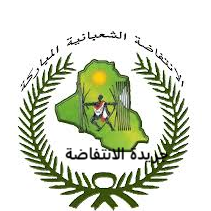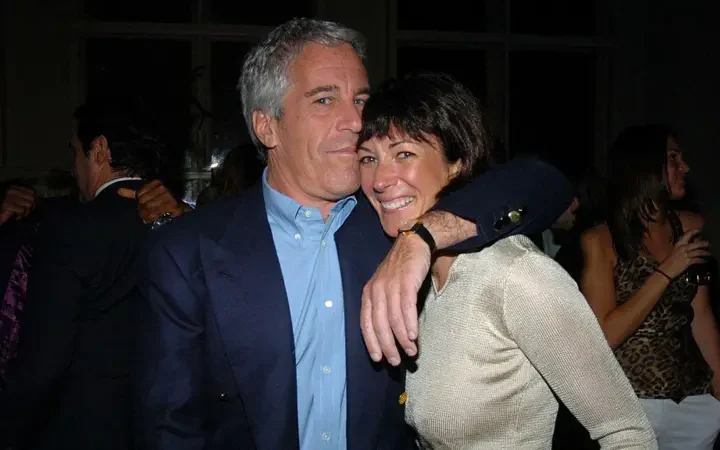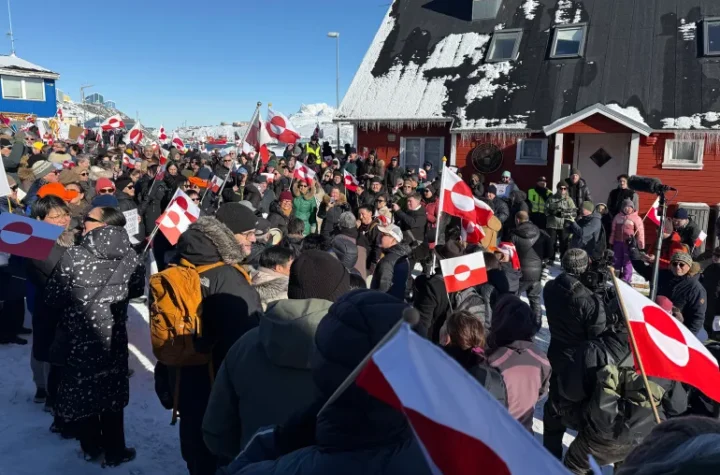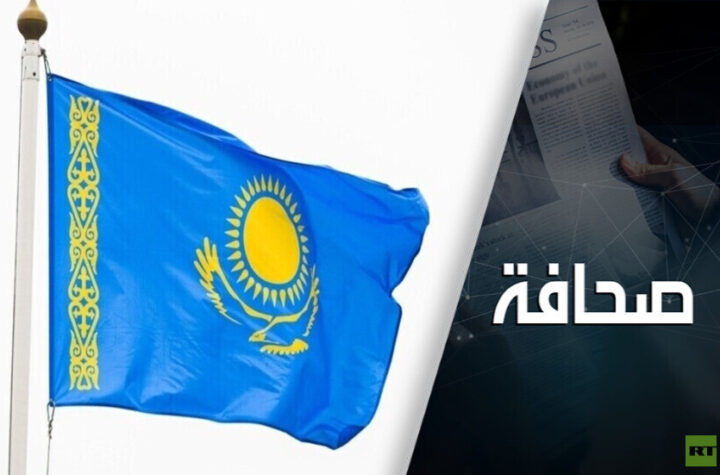
Colin Powell
Secretary of State
U.S. Department of State
Washington, D.C. 20520
By Fax: 202-261-8577
Dear Secretary Powell:
I am writing to you on behalf of the U.S. Committee for Refugees (USCR), a private, nonprofit organization concerned with the protection of refugees worldwide. We are contacting you to express our great concern regarding the situation of the 5,200 Iraqi refugees still living in the Rafha refugee camp in northern Saudi Arabia. These refugees are the remainder of a group of some 33,000, mostly Shi’a, Iraqis, whom coalition forces evacuated to Saudi Arabia after Saddam Hussein crushed their uprising in the immediate weeks following the 1991 Gulf War cease fire.
Unable to return home safely and not permitted to locally integrate in Saudi Arabia, these 5,200 Iraqis just passed their tenth year anniversary in exile in Rafha in desolate and prison-like conditions. This is unacceptably long. Therefore, USCR is calling on the U.S. government to exert its leadership to find durable solutions for these refugees. This camp should be closed once and for all. We believe that the United States has a special responsibility to help the refugees in Rafha. This duty results from past U.S. foreign policy actions and the long-standing U.S. tradition of taking humanitarian action to assist those in particular need.
U.S. responsibility for the welfare of these refugees began towards the end of the Gulf War when the elder president Bush urged “the Iraqi military and the Iraqi people to take matters into their own hands to force Saddam Hussein the dictator to step aside.” As you know, many Iraqis heeded then-President Bush’s appeal, and in the immediate days following the Gulf War cease fire overthrew many of Saddam’s local cronies across southern Iraq. Although the Iraqi rebels controlled large swaths of the south for several weeks, Saddam struck back ferociously, aided by a U.S.-negotiated cease-fire agreement that permitted Iraq the unfettered use of army attack helicopters, which gave Saddam a decisive advantage. Whether the United States should have done more to aid the 1991 Iraqi rebellion is open to debate. But U.S. responsibility for those who were forced into exile, in part because of U.S. actions at that time, ought to be clear.
The particularly difficult circumstances of the Iraqis in Rafha also should make this group of especially compelling humanitarian concern to the United States. Because of their uprising against the Iraqi government (and mere association with the uprising for those who didn’t actively participate), these refugees cannot return home safely as long as Saddam Hussein remains in power. Over the past several years, USCR has received reports of the detention, torture, disappearances, and deaths under mysterious circumstances of Iraqi refugees who decided to repatriate from Rafha, most recently in the year 2000.
Conditions for the refugees in Saudi Arabia also are very poor. Although the refugees receive better material assistance than many refugees elsewhere, the camp is, for all practical purposes, a prison. Refugees are not permitted to come and go from the camp. Its perimeter is secured by double barbed-wire fences and guarded by Saudi military personnel. In addition to regularly patrolling the camp, armed soldiers strictly enforce a nightly curfew and imprison those who violate it. Over the years, USCR has documented human rights violations committed by Saudi soldiers in the camp, including the arbitrary detention, rape, severe beatings, and refoulement of refugees. Those who attempt to escape the camp face prison terms and possible deportation to Iraq. Accentuating their sense of confinement and isolation from one another, refugees are forbidden to hold public meetings in the camp without the permission of the camp authorities.
Adding to the harsh conditions, the camp is located in a particularly remote and barren stretch of desert where temperatures in the summer rise above 115 degrees and dip below freezing in winter. Dust storms are common, which has resulted in a high incidence of asthma, particularly among young children. Many refugees have developed severe rashes on their skin because of the poor quality of the water.
While living conditions in Rafha are difficult for everyone, they are particularly bad for women and children. Saudi authorities allow Iraqi refugee women to move about the camp only when fully veiled and in the presence of a male escort. This has a particularly isolating effect on most Iraqi women in the camp, whose modes of dress and social interaction tended to be far more liberal in Iraq. Also deeply troubling is the fact that one fourth of the camp population are children under the age of nine who have known nothing but life in the camp. A full 40 percent of the camp population are refugee children under the age of 18. For these children, Rafha is a dead end.
A member of my staff who worked in the Rafha camp in 1995 remarked that even at that tim





نحن معكم على مدار الوقت
Iraq, Saudi Arabia: Riyadh Backs the Media Battleground
A NATION AT WAR: IRAQI EXILES; In Saudi Desert, ’91 Iraqi Refugees Long to Return
Iraqis in Saudi Arabia – the Forgotten Refugees December 9, 1991